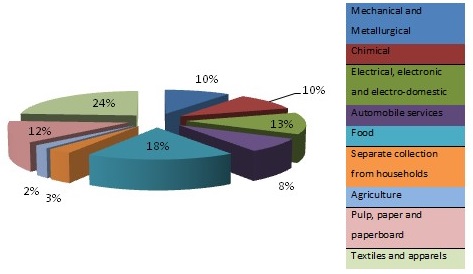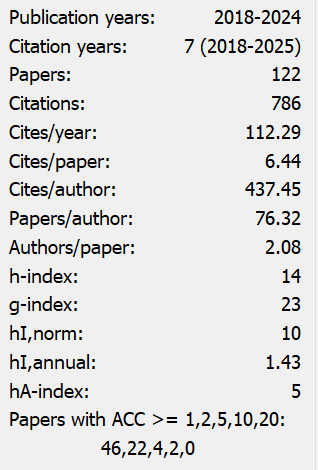The Treatment of Industrial Waste by Recycling in Tunisia
Abstract
Waste management in Tunisia is currently one of the priorities of environmental protection and is one of the main pillars of sustainable development. Thus, Tunisia has opted for a comprehensive and progressive policy of environmental protection in order to manage with the current state of the object affected by the strong economic growth and the environment rapid urban expansion in recent years. The area of waste management has received attention currently given the quantity produced changes in the multiplicity of forms and aspects of pollution caused by waste, and limited resources used in the field of solid waste management. During this, our research has been devoted to the study of the phenomenon of industrial waste management by recycling in Tunisia. We employ a model based on a time series analysis model for a period of 17 years from 2000 to 2016. Additionally, we estimate the ability to manage industrial waste recycling based on variables related to the business of recycling industrial waste, variables related to the intervention of Tunisia policy in the management of industrial waste recycling and macroeconomic indicators. From the empirical findings, we conclude that the macro-economic indicators have a negative impact on the dependent variable. The variables related to the intervention of Tunisia policy in industrial waste management through recycling have a positive impact and a negative impact depending on the nature of the waste. And finally, the variable relative to the activity of recycling industrial waste TRDI has a positive impact and DIG variable has a negative impact.


This work is licensed under a Creative Commons Attribution 4.0 International License.
Copyright for this article is retained by the author(s), with first publication rights granted to the journal.
This is an open-access article distributed under the terms and conditions of the Creative Commons Attribution license (http://creativecommons.org/licenses/by/4.0/).


























